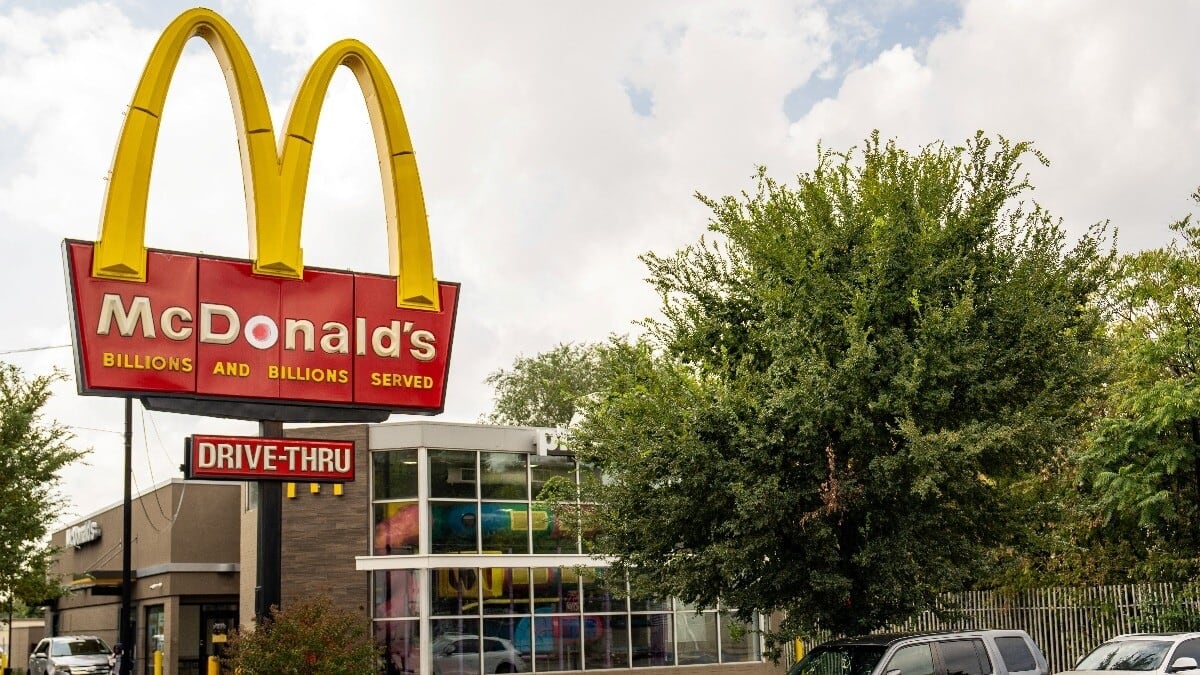
McDonald's burgers linked to deadly E coli outbreak in US
What's the story
An E. coli outbreak connected to McDonald's Quarter Pounder hamburgers has killed one and sickened at least 49 people across 10 states of the United States, the Centers for Disease Control and Prevention (CDC) reported. The outbreak started in late September and has mostly hit Colorado (26 cases) and Nebraska (9 cases). The strain involved is E. coli O157:H7, which causes severe illness and was linked to a fatal 1993 outbreak at Jack in the Box restaurants.
Investigation focus
McDonald's Quarter Pounder hamburgers under scrutiny
The CDC said all those interviewed had eaten at McDonald's before getting sick, with most eating a Quarter Pounder hamburger. Investigators are now looking at fresh slivered onions and beef patties as sources of contamination. Cesar Pina, McDonald's North America Chief Supply Chain Officer, said "a subset of illnesses may be linked to slivered onions used in the Quarter Pounder and sourced by a single supplier that serves three distribution centers."
Proactive measures
McDonald's responds to E. coli outbreak
In wake of the outbreak, McDonald's has pulled slivered onions and beef patties from stores in affected states and temporarily stopped selling Quarter Pounders in states like Colorado, Kansas, Utah, and Wyoming. Joe Erlinger, President of McDonald's US, stressed the company's commitment to food safety in a video message. The outbreak has affected McDonald's financially too with shares falling by about 6% in extended trading.
Market repercussions
E. coli outbreak's potential impact on US cattle futures
The E. coli outbreak could also impact US cattle futures amid possible reduced demand for beef. Symptoms of an E. coli infection include severe stomach cramps, diarrhea (often bloody), and vomiting. Most people start showing symptoms three to four days after exposure and recover without treatment within five to seven days, however, some cases may develop serious kidney problems requiring hospitalization.
Reporting concerns
CDC warns of potential underreporting in E. coli outbreak
The CDC has cautioned that the true number of sick people could be higher than reported as many recover without treatment or testing for E. coli. Apart from Colorado and Nebraska, smaller clusters have been reported in Utah and Wyoming, with isolated cases in Kansas, Missouri, Oregon, Iowa, Wisconsin, and Montana. Food safety attorney Bill Marler said while beef contamination is rare due to safety measures onions have been linked to past E. coli O157:H7 outbreaks.